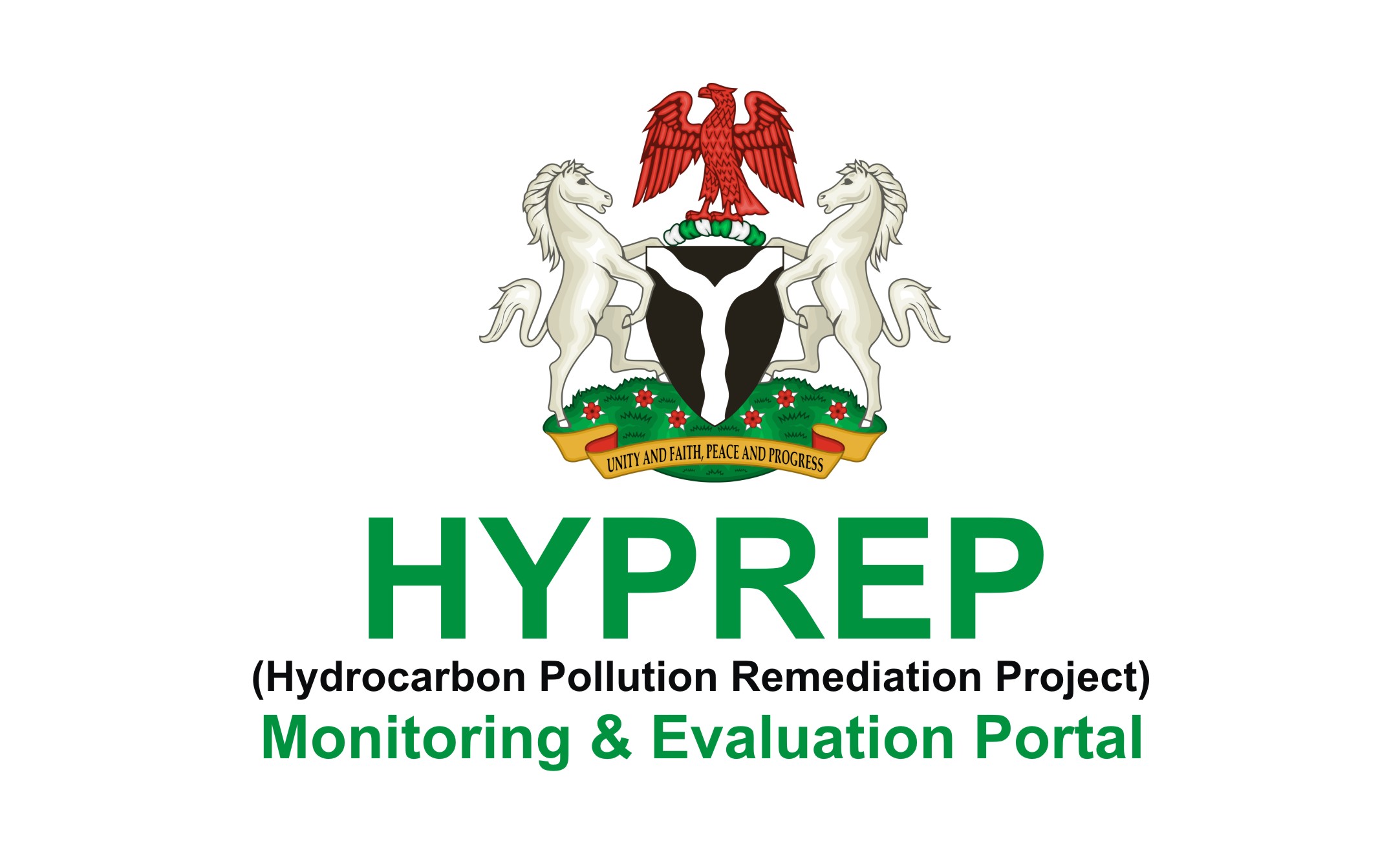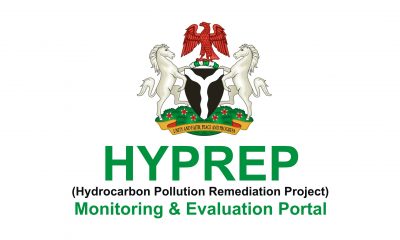Business
Taking Preliminary Objection With Main Suit Amounts To Overruling Before Argument
IN SUPREME COURT OF NIGERIA
On Friday, the 24th day of June, 2011
Suit No. SC3/2011
BEFROE THEIR LORDSHIIPS
DAHIRU MUSDAPHER … Justice of the Supreme Court
CHRISTOPHER MITCHELL CHUKWUMA ENEH … Justice of the Supreme Court
OLUFUNLOLA OYELOLA ADEKEYE … Justice of the Supreme Court
SULEIMAN GALADIMA … Justice of the Supreme Court
BODE RHODES VIVOUR … Justice of the Supreme Court
BETWEEN
1. HON. ZAKAWANU I. GARUBA
2. HON. LEVIS A. AIGBOGUN
3. HON. FRANCIS O. OKIYE
4. HON. BLESSING AGBEBAKU
5. HON. CHRISTOPHR I. ADESOTU
6. HON. SUNDAY EBOSELE EREEGHAN
7. HON. EMAMMA OKODUWA
HON. ZAKAWAN I. GARUBA & ORS V. HON. EHI BRIGHT
OMOKHODION & ORS CITATION (2011) LPELR.SC 3/2011 \
The purported amendment of the record of appeal/proceeding as claimed by the appellants has no sanction of the court either by granting or refusing the amendment and so it is a nonstarter. Meaning that the mere filing of an affidavit challenging the instant record/ proceeding of 26/4/2010 without more cannot by that fact alone (ie. without more) effectively and effectually amend the record of appeal. And I so hold.
What are the consequences for so holding as per the foregoing? They are far reaching. I have already set out the grounds of appeal and the four issues particularly issues 1 and 2 raised therefrom for determination in this matter as above. The appellants have made no bones as to the common basis of the said four issues and even the 10 grounds of appeal in this matter. The four issues so also grounds 3, 4, 6, 8, 9 and 10 of the grounds of appeal by the nature of the questions they have raised respectively have to stand or fall based on whether or not the record of appeal/proceeding of 26/4/2010 has been duly amended by the affidavit filed by the appellants challenging the record. These issues and the grounds as argued by the appellants have been premised on the unfounded basis that the record/proceeding of 26/4/2010 has been so amended hence the complaint as per issue one that the lower court has subtracted or read out of the record, “what is there” and on issue two of not having taken judicial notice of the judgments of this court cited in ground one. That the appellants have laboured under a misconception and misapprehension as to the amendment of the record of appeal/proceeding of 26/4/2010 is borne out from their submission as per paragraph 4.05 page 13 of their brief and I quote:
“The lower court… was in grave error when it stated that no case was cited or referred to in the record of appeal. The court did not advert its mind to the affidavit challenging the record of court dated 26/4/2010 on the omission of the cited authorities … we submit that the conclusion of the Court of Appeal … that the cases were not cited or referred to in the proceedings of the trial Court for 26/4/2010 is not borne out of the record of appeal at pages 250, 251, 252, 253, 257,258,259260 -263A of the Record of Appeal The conclusion of the Court of Appeal that no case was cited or referred to is not borne out of the record … “
Their misconception with respect is profound. It is settled law that courts, the parties and their counsel are bound by the record of appeal. And so no court has the jurisdiction to go outside the record to draw conclusions which are not supported by the record. I find that the four issues and grounds 3, 4, 6, 8, 9 and 10 also have been raised on the basis that the said record of appeal/proceeding of 26/4/2010 has been fuly amended by the affidavit challenging the record of appeal to include the proceedings of 26/4/2010. This is not so as per my findings above.
In the result having pulled the rug as it were from underneath the appellants submissions as to the competency with regard to the four isues raised for resolution here and the said rounds above mentioned they become baseless and utterly without foundation and therefore incompetent and should be struck out. It is trite that you cannot stand something on nothing and expect it to stand and in the same way issues for determination must spring from grounds of appeal which in turn must have arisen from the court’s decision. Finally, it has been argued in this matter that this appeal has been struck out by the lower court for failing to seek and obtain have of court before filing the appeal as prescribed by Section 242 of the 1999 Constitution as amended having raised grounds of fixed law and facts therein. It is also common ground that the trial Court’s directive deal first with the preliminary objections mounts to an interlocutory order based on the exercise of its discretion. It is trite law that an appeal against an interlocutory decision other than on grounds of law requires have of court. The provisions of Sections 241(l) and 242 (supra) have clearly set out when appeals will be presented as of right or with leave respectively of the Federal High Court or State High Court or the Court of Appeal as the case may be. And so it is settled law that right to appeal is statutory. Whether the instant exercise by the appellants of their right to appeal is properly founded in law has been challenged by the respondents based on the nature of the instant 3 grounds raised against the trial Court’s decision in this matter. This has formed the basis of grounds 1, 2 and 5 to this court.
The question to be resolved in this respect is whether or not the 3 (three) grounds of appeal raised before the lower court require leave of court to be competent having been raised against the trial Court’s decision in exercise of its discretionary power. This depends on whether or not the grounds raised are questions of law. The point therefore must be made that the distinction between a ground of law and a ground of fact or mixed law and facts though very thin, is fundamental to resolving the instant question, which is difficult and blurred to define and apply. See: Ugboaja v. Akinloye Somemimo (2008) 16 NWLR (pt.1113) 278 at 293-294. See Nwadike v. Ibekwe (1987) 4 NWLR (pt.67) 718. To determine whether a ground of appeal is one of law or fact requires examining the main ground in the context of its particulars so as to determine the nature of the question the ground has raised or complaining about. The appropriate approach to determming the issue put simply in the circumstances is whether the 3 grounds irrespective of how couched have challenged ie. questioned the discretionary exercise of the power of the trial Court to hear the preliminary objections of the 3 sets of defendants/respondents first before dealing with substantive matter on the merits or to deal with the originating summons and the preliminary objections together. See Nwaaike v. Ibekwe (1987) 4 NWLR (pt.67) 718, Obi v. Owolabi (1990) 5 NWLR (pt.153) 702, Olaosebikan v. Williams (1996) 5 NWLR (pt.449) 437 at 442. The trial Court opted to near the preliminary objections first in exercise of its discretionary power. It is beyond argument that the appellants have questioned the trial Court’s discretion in making the interlocutory order in other words, thus questioning the evaluation oj the facts. See State v. Bassey (1994) 9 NWLF (Pt.367) 130 at 13D. I find that by examining the said 3 grounds of appeal will lead to further examining of the facts and circum stances on which the trial Court’s exercis! of its discretion in the matter of the direc tive it has given is premised and I have no doubt that the 3 grounds are a product of exercise of discretion and so a composite of mixed law and facts.
Again, even then reading the main grounds of the 3 grounds of appeal along side their particulars shows that they are complaining of the trial Court’s exercise c its discretionary power. And I so find. This question has been settled by the pronouncement of this court in F.B.N. Ltd. v. Abraham (2008) 18 NWLR (PU1l8) 172 at 189A-B wherein it held that and I quote:
“A ground of appeal questioning the exercise of discretion by a lower court is not a ground of law but a ground of mixed law and facts.”
From my reasoning above I am in entire agreement with the finding in the above cited case. So that the 3 grounds of appeal in this matter having raised a question of mixed law and facts require leave of court, the appellants have filed this appeal without first having obtained leave of court and they will take the consequences. It is trite that without leave of court having been first sought and obtained before filing the appeal, the appeal will be incompetent and liable to be struck out pursauant to Section
233(3) of the 1999 Constitution and I so hold. Having so concluded I see no justification examining any other issues raised here as this finding goes to the root of the appeal vis-à-vis the notice of appeal not having any competent ground on which to sustain it and the appeal therefore being incompetent it is here by struck out.
For all the reasons I have given above, I find no merit in this appeal and it stands dismissed in its entirety. I hereby affirm the decision of the local court. I make no order as to costs.
Cross Appeal
The respondents/cross-appellants in the cross appeal are the 12th -14th respondents in the main appeal. They have filed a Notice of Appeal dated 3/2/2011 and have filed their brief of argument in the cross appeal and from it has distilled a sole issue for determination, viz:
“ … whether the Ruling by way of a directive of the learned trial judge on the 26th April 2010 amounted to a decision for which the appellants can appeal.”
Arguing the sole issue raised in this matter they have submitted that the directive of 26/4/2010 as per the interlocutory order made by the trial Court on 26/4/2010 has done no more than to have considered the priority of the pending applications before it and so not a decision within the meaning as contemplated in Sections 241, 242, 243 and 318 of the 1999 Constitution as amended. As a guide to the court to resolving this matter they have cited United Ventures Ltd. V. F.C.M.B. Ltd. (1998) 4 NWLR (Pt.547) 596 at 555 paragraphs B-F and 564 per Musdapher JCA (as he then was), Okeke v. Uzo Chukwuma Motors (2001) 3 NWLR (Pt.700) 338 at 345 – 355 C/ A, 11 NWLR (Pt.724) 341 at 348 paragraphs G-H, Chidozie v. Mosowan (1999) 1 NWLR (Pt.556) at 328 paragraphs C-D, F-H. The court is urged to resolve this issue in favour of the respondents/ cross appellants.
To be Continued
Business
NCDMB, Dangote Refinery Unveil JTC On Deepening Local Content

Business
Industry Leaders Defend Local Content, … Rally Behind NCDMB

Business
Replace Nipa Palms With Mangroove In Ogoni, Group Urges FG, HYPREP

-

 Business2 days ago
Business2 days agoReplace Nipa Palms With Mangroove In Ogoni, Group Urges FG, HYPREP
-
News2 days ago
South-South contributes N34trn to Nigeria’s economy in 2024 – Institute
-
Niger Delta2 days ago
Police Rescue Kidnap Victim, Recover Pistol In A’Ibom
-

 Politics2 days ago
Politics2 days agoINEC Trains Political Parties Officials On ICNP Use Ahead By-Elections
-

 Business2 days ago
Business2 days agoIndustry Leaders Defend Local Content, … Rally Behind NCDMB
-

 Business2 days ago
Business2 days agoNCDMB, Dangote Refinery Unveil JTC On Deepening Local Content
-
Niger Delta2 days ago
C’River Hands Over Rubber Plantation to Private Company
-
Rivers2 days ago
Macobarb CEO Cries Out, Says No Indigenous Contractor Can Win Case Against NLNG Or Oil Majors in Nigerian Courts …As Justice Nwogu Throws Out Macobarb’s N5.74bn Claim

